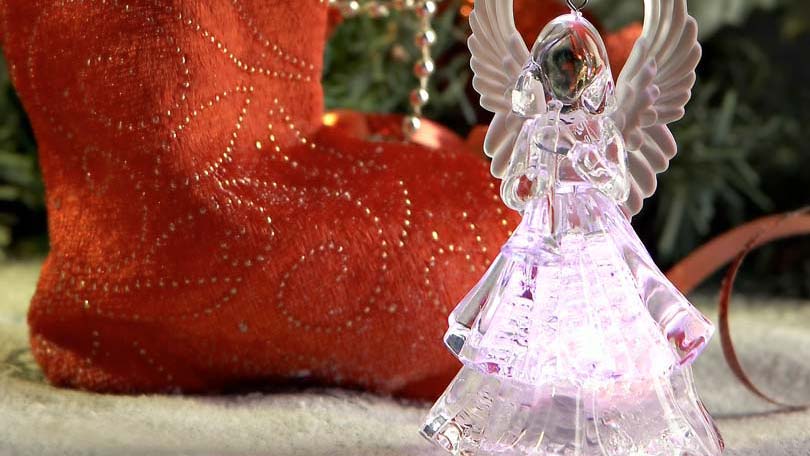
We’ve all heard of him, listened to his woeful plight, and secretly cheered him on when he finally won a place in the heart of his peers when they discovered his usefulness. He is Rudolph, and he is just one of many who had to struggle past his differences in order to gain acceptance.
Rudolph is once again struggling to gain acceptance, only this time it’s not from his reindeer pals, but from parents. In our hyper-sensitive super politically correct world, Rudolph is being turned away from childhood stories. It isn’t that Rudolph himself is so politically incorrect, but apparently there are those out there who believe that Rudolph should be taken on his own merits and not judged on what service he can provide for others.
Throughout the story, Rudolph was picked on, made fun of, scoffed at, and denied basic reindeer privileges. He was forced into a life of isolation right in the heart of the North Pole. His differences made him unique and he of course had to go through the typical period of being ostracized and tormented. For some, it really wasn’t enough that he was eventually accepted and those who had done the original tormenting and scoffing realized they were wrong based solely on a foggy Christmas night.
Rudolph gained his acceptance by performing a task, in essence, becoming useful. People with children of special uniqueness want to see Rudolph accepted based on who he is, rather than what services he can perform, as we tell our children that it is who they are inside that counts.
Those who reject the story of Rudolph claim that he should have been accepted prior to the foggy Christmas night, based on another reindeer’s realization that they were judging him based solely on a physical characteristic. We really might be expecting too much from a bunch of flying reindeer.
In 1939 Rudolph burst onto the Christmas scene not with a message of equality or a lesson in forgiveness, but as a gimmick. He was simply advertising. He wasn’t out to change the perceptions of the millions of Americans who unfairly judge people based on their physical appearance. He was there to sell Christmas items and nothing more.
Rudolph the Red Nosed Reindeer was a Christmas promotion gimmick for the Montgomery Ward department store, a penny pinching method of handing out coloring books to children. Every year the department store was known to hand out coloring books to children as they entered the store with their parents, just a simple method of luring a few more customers in off the street. After all, a parent is more likely to take their children somewhere they are going to be happy during the shopping process than someplace they have to drag a tired whiney child through every aisle. The department store soon realized they could save money on their annual promotion if they asked an in house employee to create the story that year.
And so, Rudolph the Red Nosed Reindeer was born in the office of Robert L. May in 1939. Obviously, the story endured great success and led to songs, literature, spin off productions and the ever famous cartoon.
Of course, Rudolph underwent many story lines before the final and now frequently memorized version came to light. Originally, Rudolph lived in an entirely segregated reindeer village, still the victim of taunting and teasing, but in a warm and loving household. Santa has been unaware of the reindeer’s glowing nose until he caught a peek of the red light from under Rudolph’s bedroom door while delivering the presents to Rudolph and his family. The foggy and nasty weather outside had already caused multiple delays and a few accidents, and thus Santa wake Rudolph from his sleep to ask for his assistance. He was instantly heralded as a hero by the reindeer that had never met him before, and won the perpetual adoration of Santa without hesitation.
In this version of the story, Rudolph did not have to win the respect of his brutal taunting peers, he simply showed up. Perhaps this version would have rang a better chord with the current Rudolph rejecters of today.
Just like all children’s stories of classic creation, the morals do not always exactly match what we would teach our children, but the basic criteria are still there. Rudolph still learned to be himself, he never tried to remove or amend his shining bright red nose. He knew to love himself and eventually others would see that he was a gift just like all other reindeer. Sometimes, all our own children can do is love themselves and hope that someday someone may recognize their true potential.







































